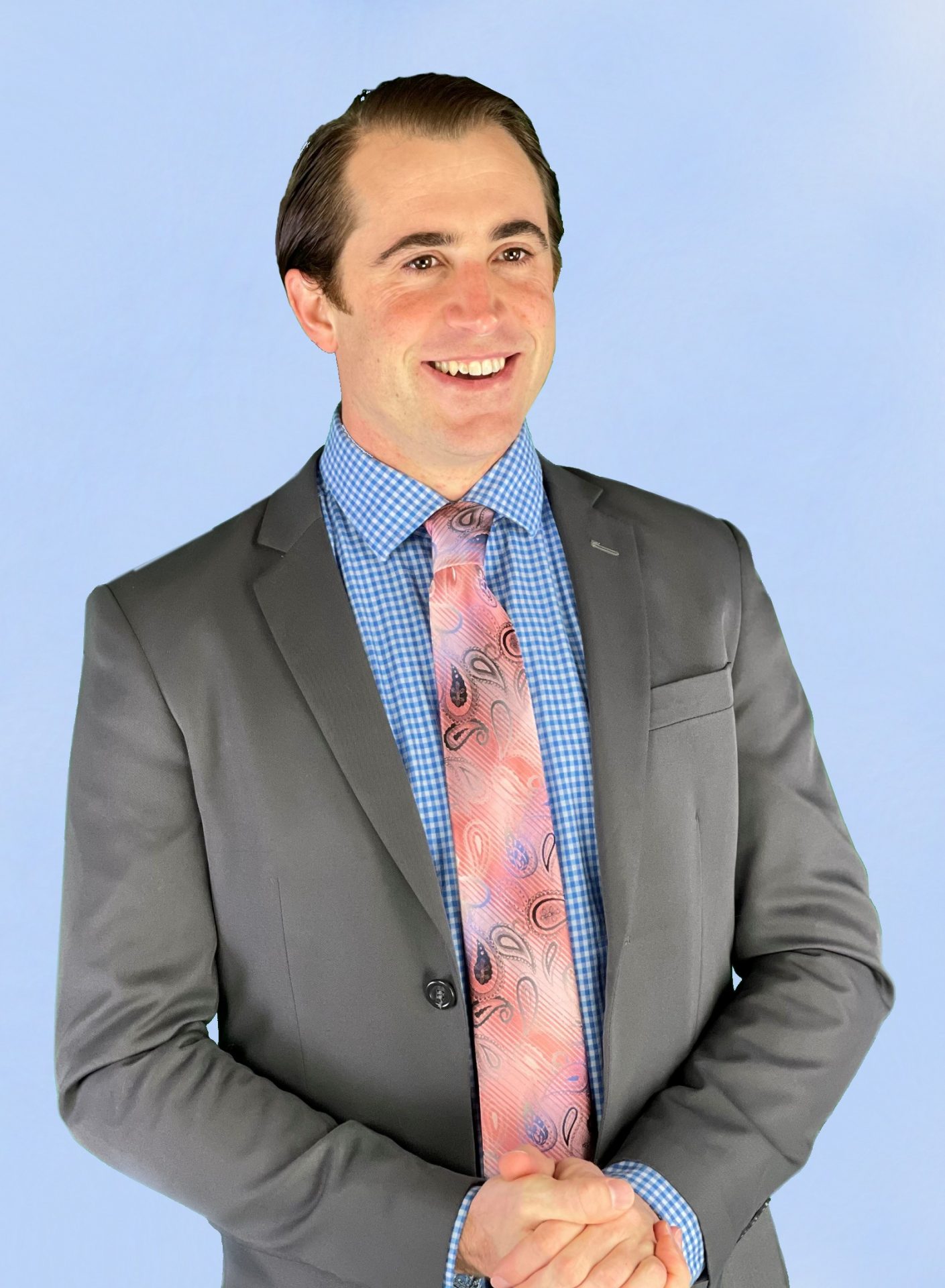Do you remember pin the tail on the donkey? You were blindfolded, spun around until you were dizzy, and then tried to make your way with that tail to the poster of the donkey just a few feet away? Moments earlier, it was right in front of you. Just a few spins later, you had no idea where you were going or where to begin.
The game describes what many accountants across the country are feeling right now. We all knew the right direction only yesterday, but no matter how hard we try, the rules, guidelines, and just about everything else seems to have changed overnight. Today’s challenges no longer revolve around understanding something as simple as the tax code. We are tasked with understanding the payroll protection program and all its rules, most of which have yet to be written yet. Yet, they still impact our clients, and therefore, our practices. Caught in an endless game of the pin the tail on the donkey, frankly, its driving us crazy.
How can we help our organizations and clients navigate the new normal, when it seems the rules of game no longer exists—they just keep shifting below our feet?
Embracing the Unknown
We are valued for our abilities to make sound decisions in the face of great complexity. We read the tax code, case law, IRS publications, and so on. Gathering these diverse facts and sifting masses of documents—we formulate decisions or recommendations that can steer the fortunes of families and businesses.
We don’t make those decisions without great diligence: reading the tax code, using tax software, analyzing the data, reflecting on the facts and unique circumstances of our client. In the old model, these things made sense. Our process was linear and fixed, where we followed steps and logic towards a conclusion. Suddenly, we live in a world where facts rarely have time to gel, data never sleeps, information is always incomplete. So, how do we come to a logical conclusion in an illogical process?
We embrace the unknown and learn how to be flexible with our mindsets.
Who Hesitates is Irrelevant
This new normal calls for a shift in our mindset. The flexibility to solve problems must be greater than ever—to levels that might make our favorite mentors anxious to disown us. Indeed, our professors of old, we must confess, might even prove irrelevant in today’s fluid, ever-changing regulatory, global landscape.
Waiting too long when playing pin the tail on the donkey agitates the crowd. The whole point is to make a decision, to move forward. Perfection, it seems, may not even be the point any longer. If stasis is death, then it seems to apply to the accounting profession to some degree, too.
The idea of making decisions without all the information is unsettling, to say the least. We are not paid to approximate. We always favor having more facts, more data, more research—and more time. It is okay to admit you feel this way, too, it is intrinsic to the mindset of accountants everywhere.
Acceptance
Our path through this apparent constancy of chaos starts with accepting that our roles as an accountant, finance department head, CPA, or whatever title we may hold, shall now encompass living with uncertainty.
It is impossible to know everything and get extensions on a well-established schedule. Our desires to have all the data, all the time always was an illusion and a kind of academic exercise at best. Even with the tax code, few do the research to understand 100 percent of the situation. Being honest, we tell ourselves we did. In the world’s current state, we face this issue of living with degrees of uncertainty and unfinished business in almost every scenario we face. We accept that we cannot and will not know everything. We realize knowing everything is simply impossible.
Instead, we provide advice and recommendations based on the knowable knowns—and what we know that we do not know. We need to use our knowledge to make educated assumptions and “guesstimates.”.
Solve for What You Know…& Don’t Know
Ultimately, those that seek our wisdom and guidance are fully aware that we are not omnipotent and all knowing. They seek someone to help them clarify their choices and navigate the confusion. It is a team sport; you are the utility player in your field of trade.
Instead of getting consumed with everything you don’t know, focus on the known variables. Going back to the example of the payroll protection program, recommend a course of action based on what you know today. Make clear in your work that what you are doing is applying the known facts and expressing a few assumptions. Solve the problem in front of you with what is in front of you. Step forward fearlessly and pin the tail on the donkey.
Those who give advice to others need to accept that they are not all-knowing. Surprise, others do not expect you to be.
Better to pin the tail on the rear end of that donkey, than to stand still, frozen by fear and inaction. Your audience will walk away having received no value whatsoever.
And you’ll never get another turn again.
==========
Garrett Wagner, CPA.CITP is CEO and Founder of C3 Evolution Group.
Thanks for reading CPA Practice Advisor!
Subscribe Already registered? Log In
Need more information? Read the FAQs





